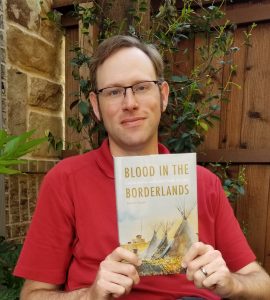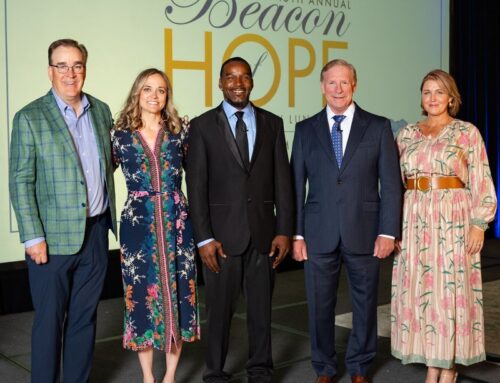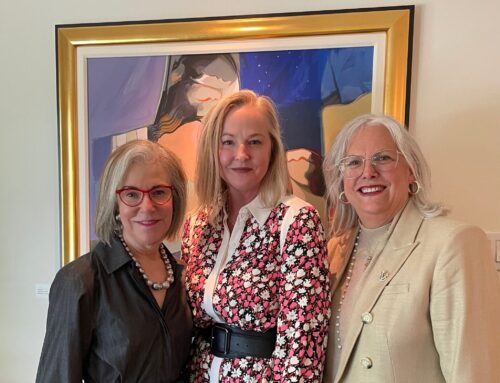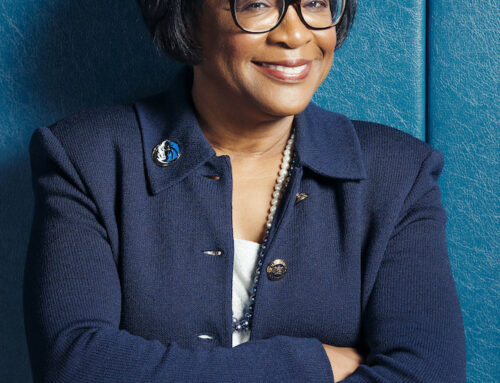Dr. David Beyreis, the Social Studies Department Chair at Ursuline Academy, published “Blood in the Borderlands: Conflict, Kinship, and the Bent Family, 1821-1920.” The book features the Bents, a famous family in the history of the American West.
Here’s an excerpt from Ursuline’s question-and-answer interview with him:
What first got you interested in the Bent family?
I’d always been interested in the broader topics connected to their experiences – the fur trade, Manifest Destiny, the Plains Indian Wars, etc. – so I was looking for a subject that could bring all of those things together. I was also interested in the question of borders and borderlands. Specifically, how do people interact with each other in those places where national governments don’t exercise much control, and how do they adapt when the government tries to impose its will? I got lucky and found a great group of people to investigate. I also wanted to be able to do research in Colorado and New Mexico.
Do you see any examples of “history repeating itself” when you compare today (or last few decades) with 1821-1920?
I suppose I could point to a couple of possibilities: borders are still impossible to “control.” There is a lot of talk about “securing our border,” in the sense of keeping this group or that group out or this product or that product out. That’s never really been feasible at any time in American history. Borders are naturally porous and usually artificially constructed. People who live along the edges of nations are always adapting and reinventing themselves. The Bents are a great example of this. I could also say that some people are still uncomfortable with the idea of an “Other” being out there somewhere. Peoples and families who don’t conform to the way society thinks they “should” be – racially, culturally, religiously, etc. – can have a tough time. The Bents certainly did not have an easy time of it.
To read the full interview, go here.







